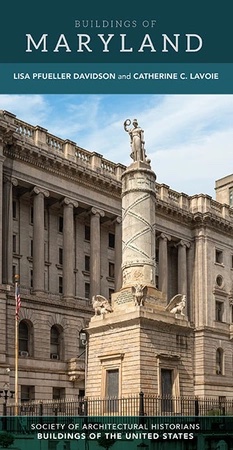This is one of the few remaining late-nineteenth-century buildings in Ocean City and among the small number that catered to African American tourists. Ocean City was strictly segregated, open to Black visitors only during postseason “Colored Excursion Days.” Henry’s offered lodging to Black tourists as well as entertainers performing at the nearby Pier Ballroom. Its well-known guests included Cab Calloway, Duke Ellington, Count Basie, and Willie Harmon. The two-story, L-shaped shingled building with wraparound porch was built by Worcester County landowner Granville Stokes and owned by African American businessman Charles Henry and family from 1926 to 1953. It was purchased by Pearl Bonner in 1954 but no longer caters to visitors.
You are here
HENRY’S (COLORED) HOTEL
If SAH Archipedia has been useful to you, please consider supporting it.
SAH Archipedia tells the story of the United States through its buildings, landscapes, and cities. This freely available resource empowers the public with authoritative knowledge that deepens their understanding and appreciation of the built environment. But the Society of Architectural Historians, which created SAH Archipedia with University of Virginia Press, needs your support to maintain the high-caliber research, writing, photography, cartography, editing, design, and programming that make SAH Archipedia a trusted online resource available to all who value the history of place, heritage tourism, and learning.


